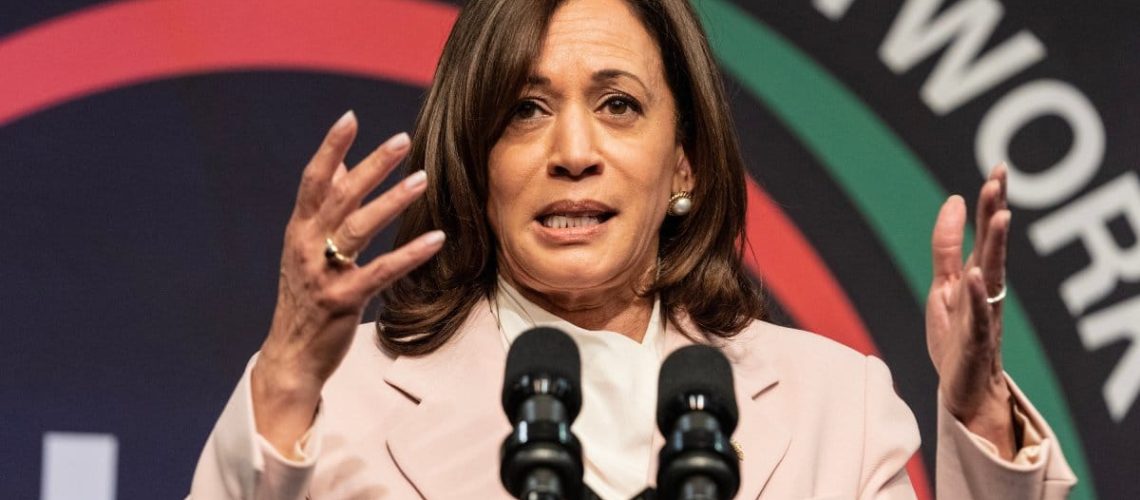As Kamala Harris takes center stage in the 2024 presidential race, her identity continues to be a focal point of contention, revealing deep-seated biases within American society. Here’s how Donald Trump’s fixation on identity has affected the rest of America.
1. Birther Redux
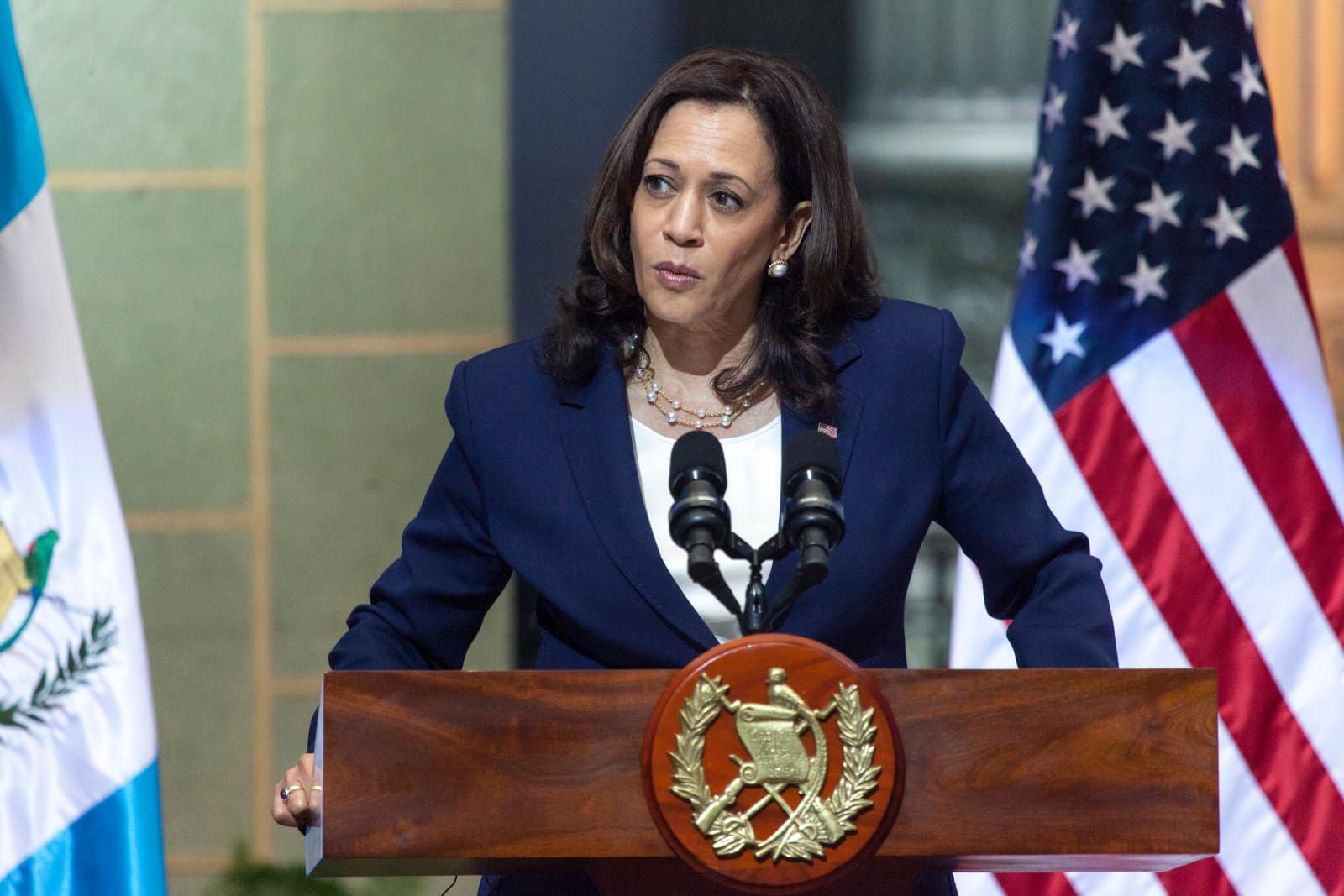
Once again, Kamala Harris faces baseless challenges to her eligibility based on her heritage, reminiscent of the birther conspiracy Donald Trump perpetuated against Barack Obama. Despite clear constitutional backing, these attacks persist, underscoring a continuing strategy to undermine candidates of color.
2. Misguided Heritage Critiques

Harris, born to a Jamaican father and an Indian mother, often hears detractors question her Black authenticity. This gatekeeping highlights a broader misunderstanding and misrepresentation of the diverse Black experience in America.
3. Sexist Doubts Over Qualifications

Critics frequently insinuate that Harris’ ascent is due more to her gender and race than her capabilities. This diminishes her substantial record as California’s Attorney General and a U.S. Senator, echoing sexist narratives that women achieve success only through diversity initiatives rather than merit.
4. Emphasis on Appearances
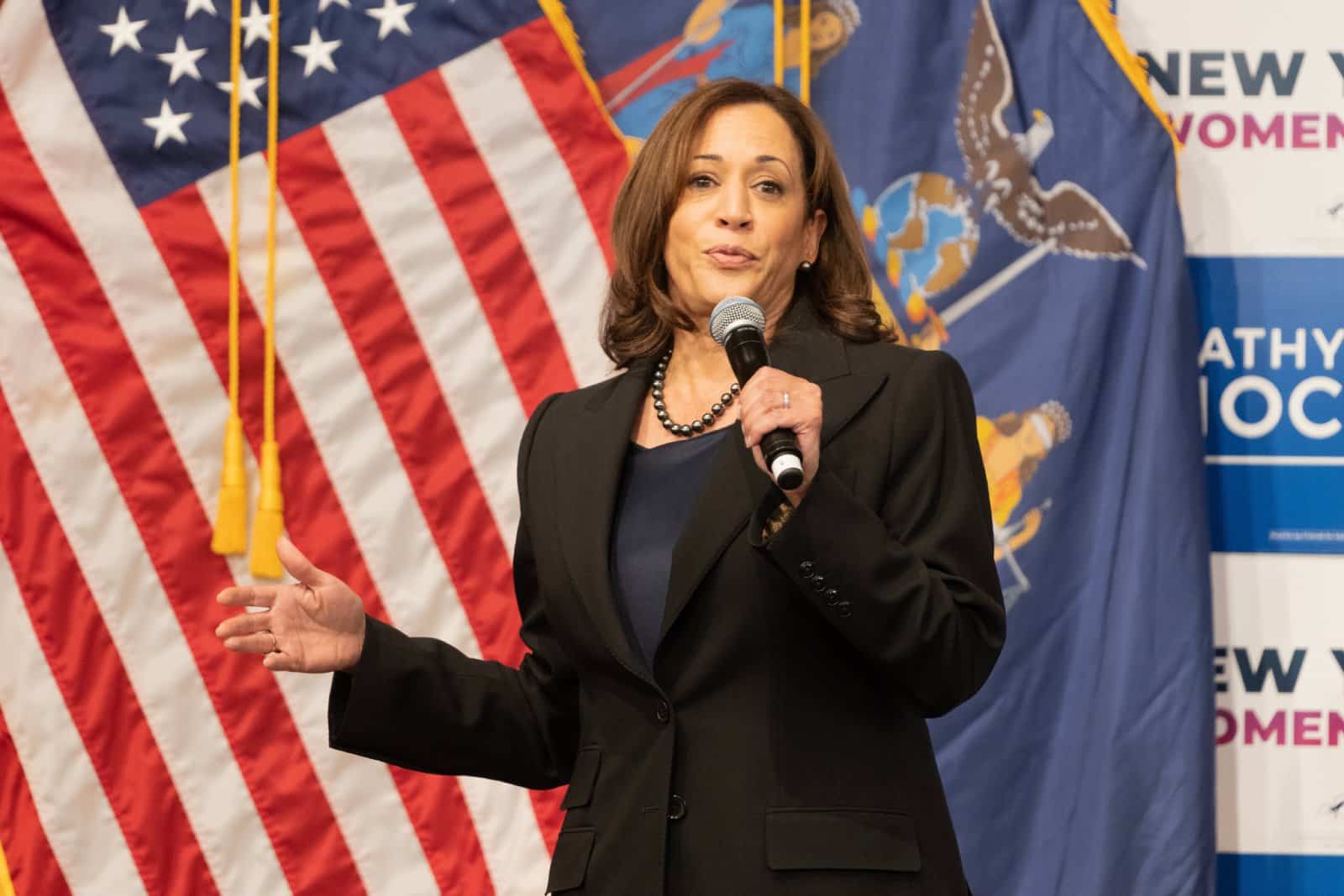
Similar to the attacks on Hillary Clinton, Harris faces undue criticism for her appearance and demeanor, aspects seldom highlighted in discussions about male politicians. This focus shifts attention from her policies to personal attributes irrelevant to her qualifications.
5. The “DEI Candidate” Label

Opponents like Rep. Tim Burchett have derogatorily labeled Harris a “DEI vice president,” suggesting her role is a token gesture toward diversity rather than a result of her professional accomplishments. This label attempts to undermine her credibility and authority.
6. Manipulated Media and Misinformation
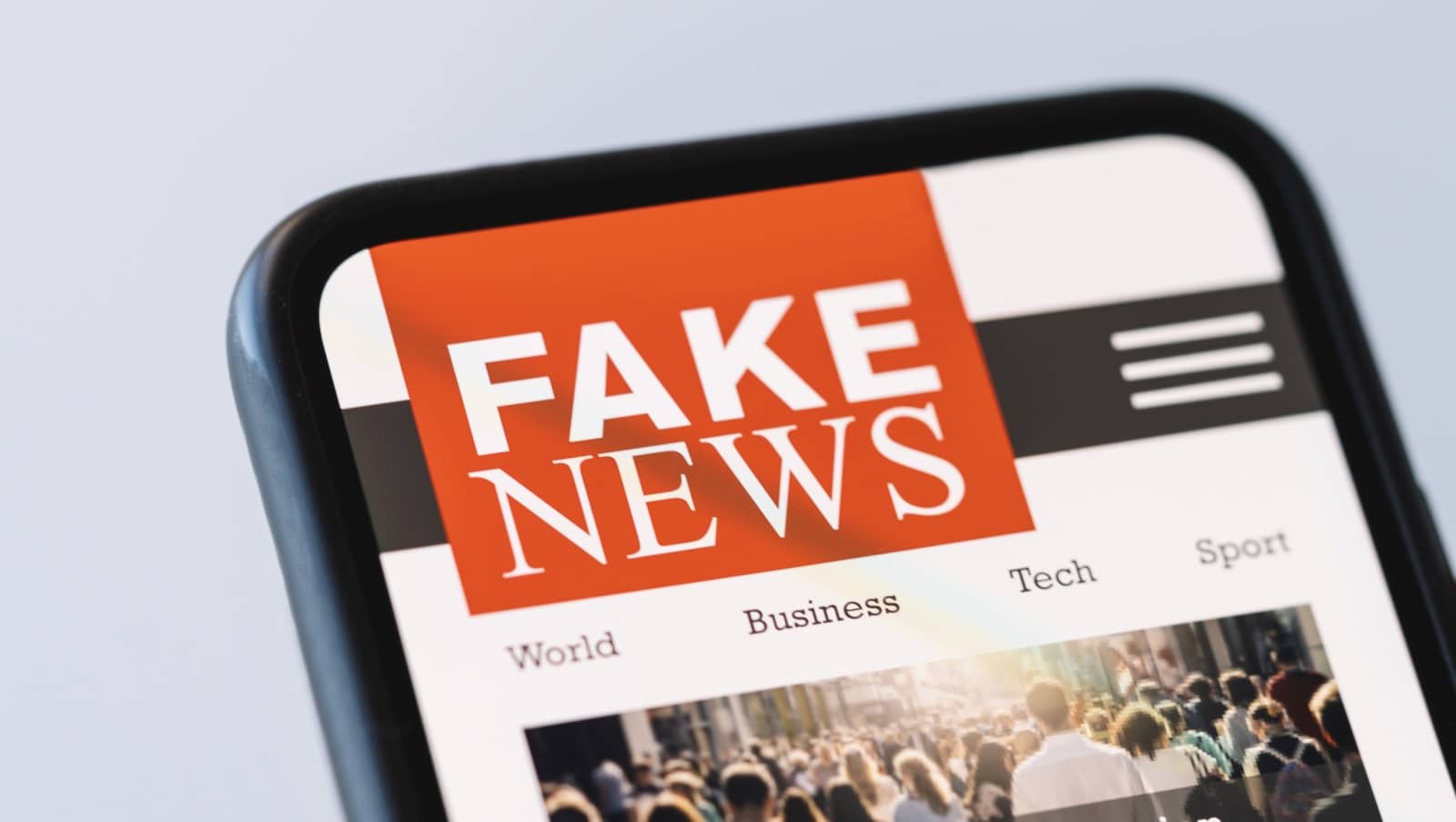
Altered videos and images circulate online to portray Harris negatively, distorting public perception under the guise of humor or critique. These manipulations are part of a broader attempt to discredit her through digital disinformation campaigns.
7. Double Standards in Public Life
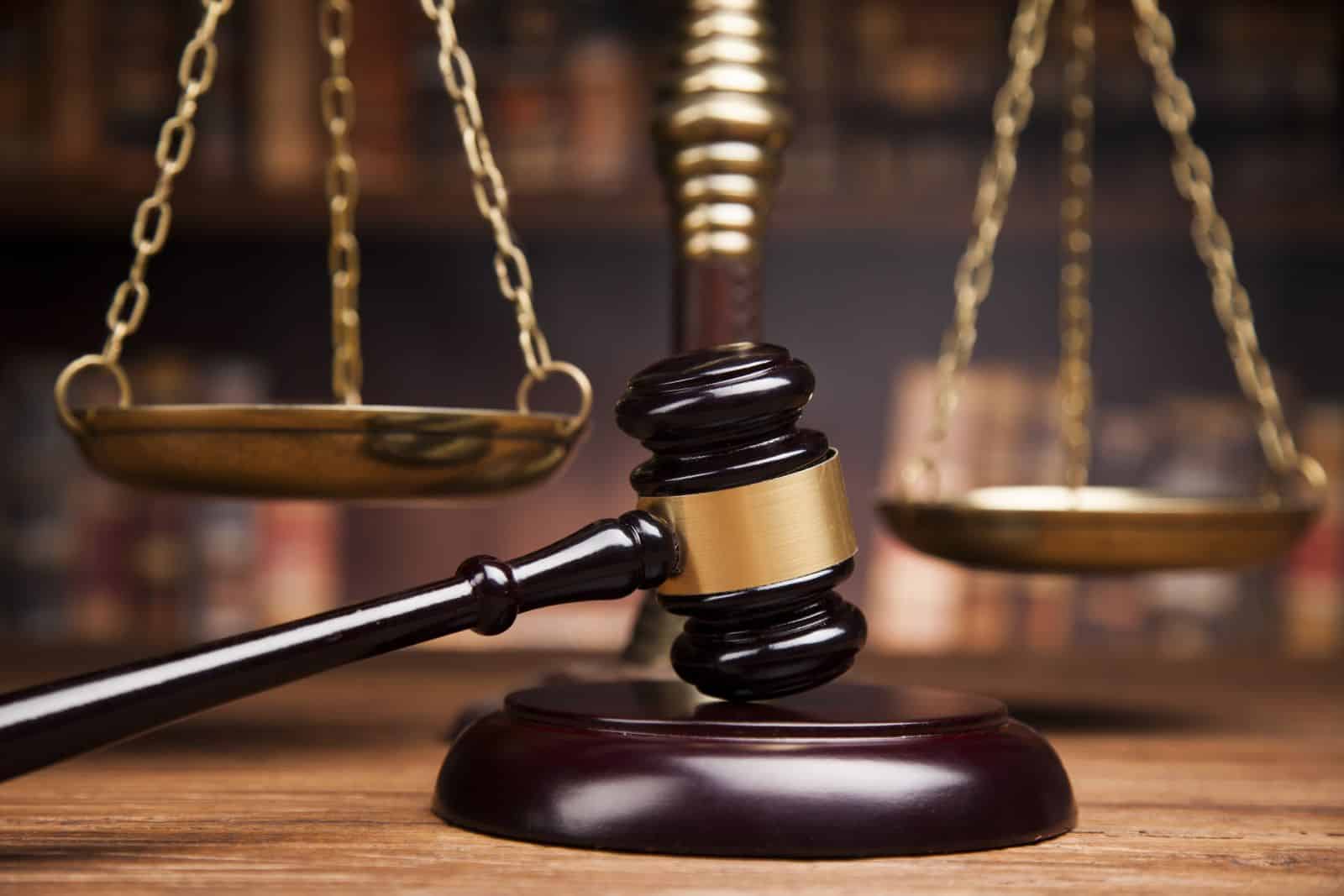
Harris’ every action and policy is scrutinized by Trump and the right-wing media through the lens of racial and gender stereotypes, setting standards that her white male counterparts are rarely, if ever, expected to meet. This relentless scrutiny reflects ingrained prejudices in political and media landscapes.
8. Reduction to Stereotypes

Detractors often reduce Harris to simplistic stereotypes, focusing on her as an “angry Black woman” or questioning her decision-making as overly emotional—a clear reflection of gender and racial bias.
9. Overemphasis on Personal Details
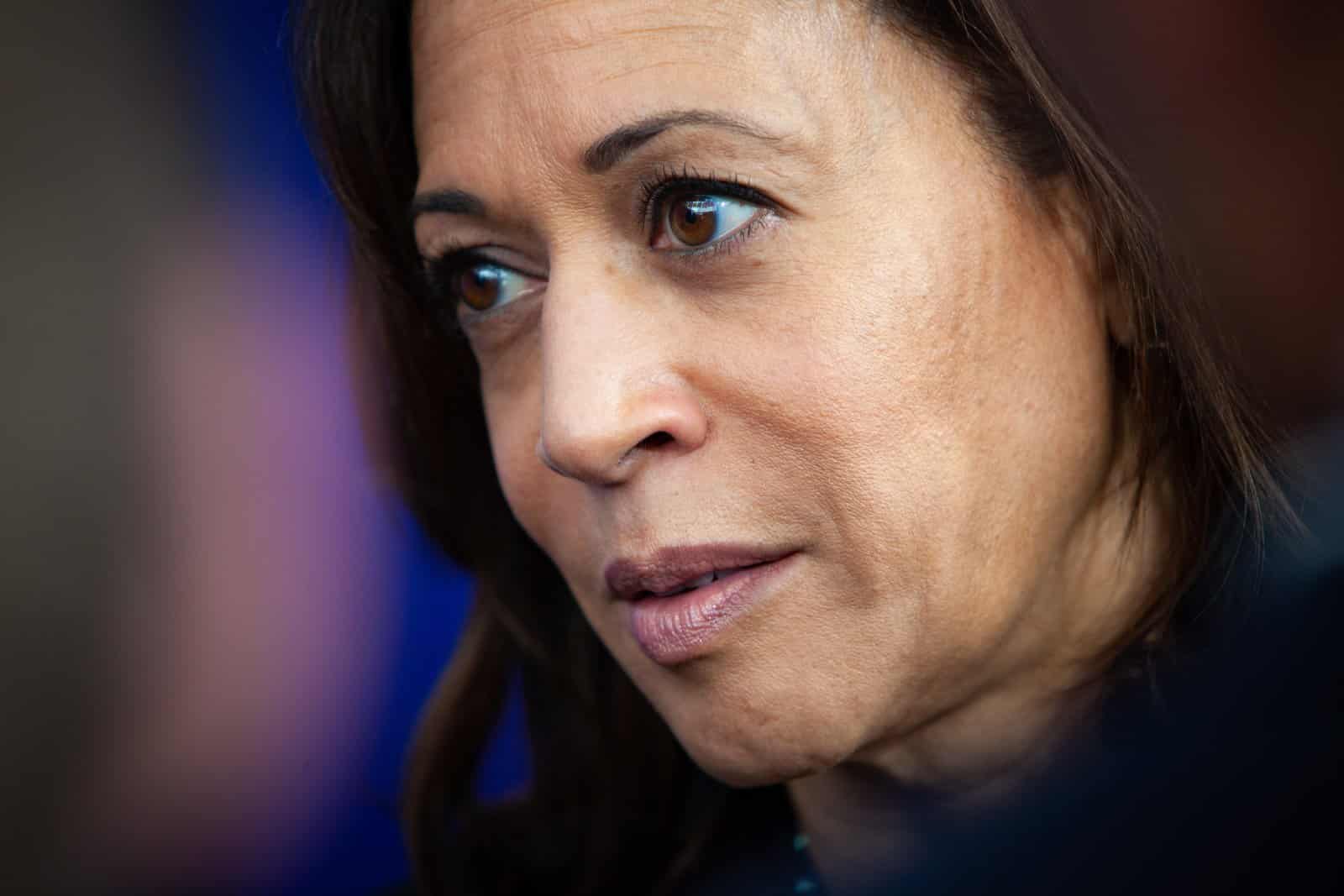
Harris’ personal life, from her marriage to her fashion choices, receives more attention than similar details about male politicians, reflecting a broader societal trend of focusing on personal rather than professional qualities in women.
10. Exoticization and Othering
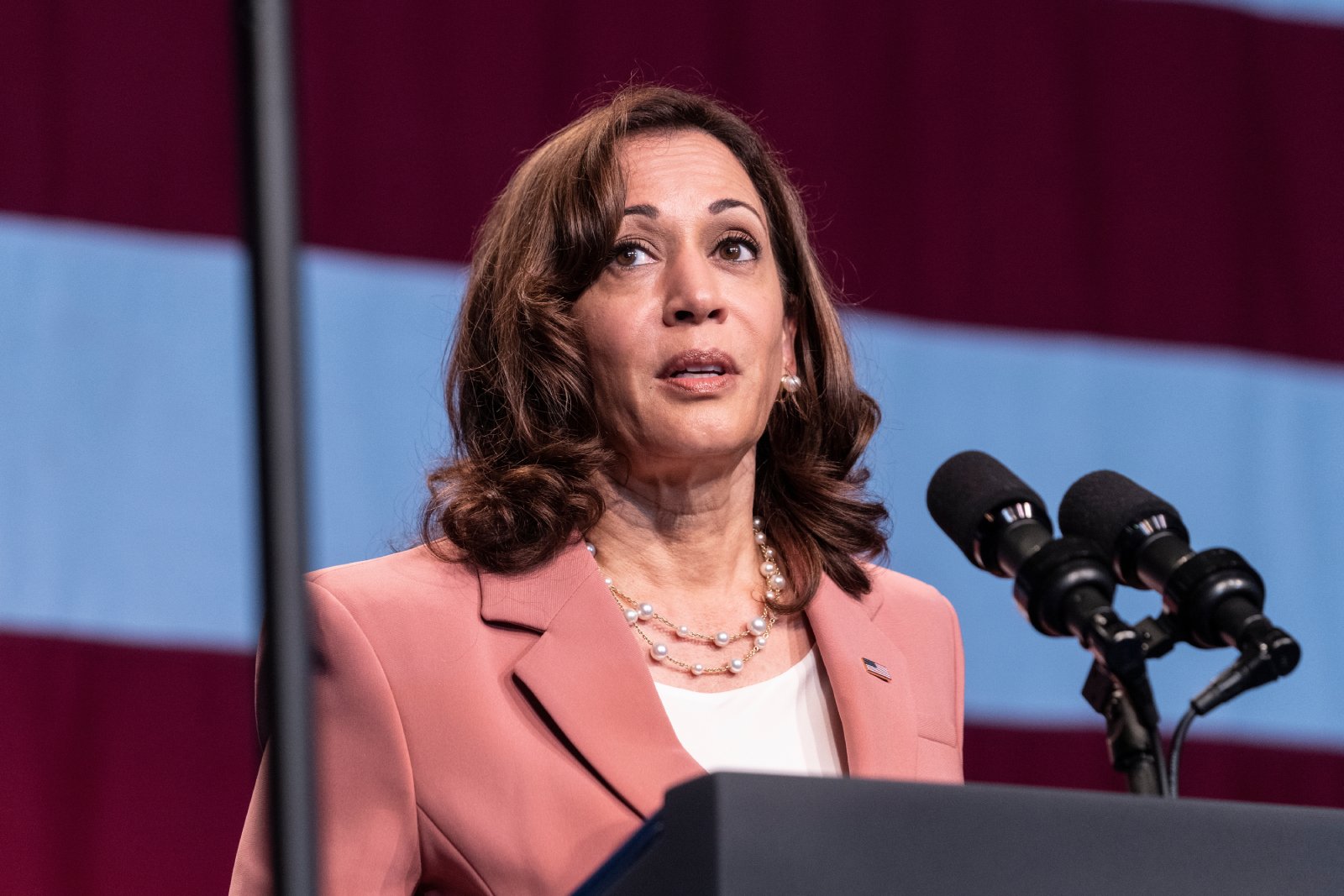
Harris’ multicultural background is often exoticized, positioning her as perpetually foreign in a way that questions her American identity and allegiance, despite her deep roots and public service in the country.
11. Echoes of Historical Racism
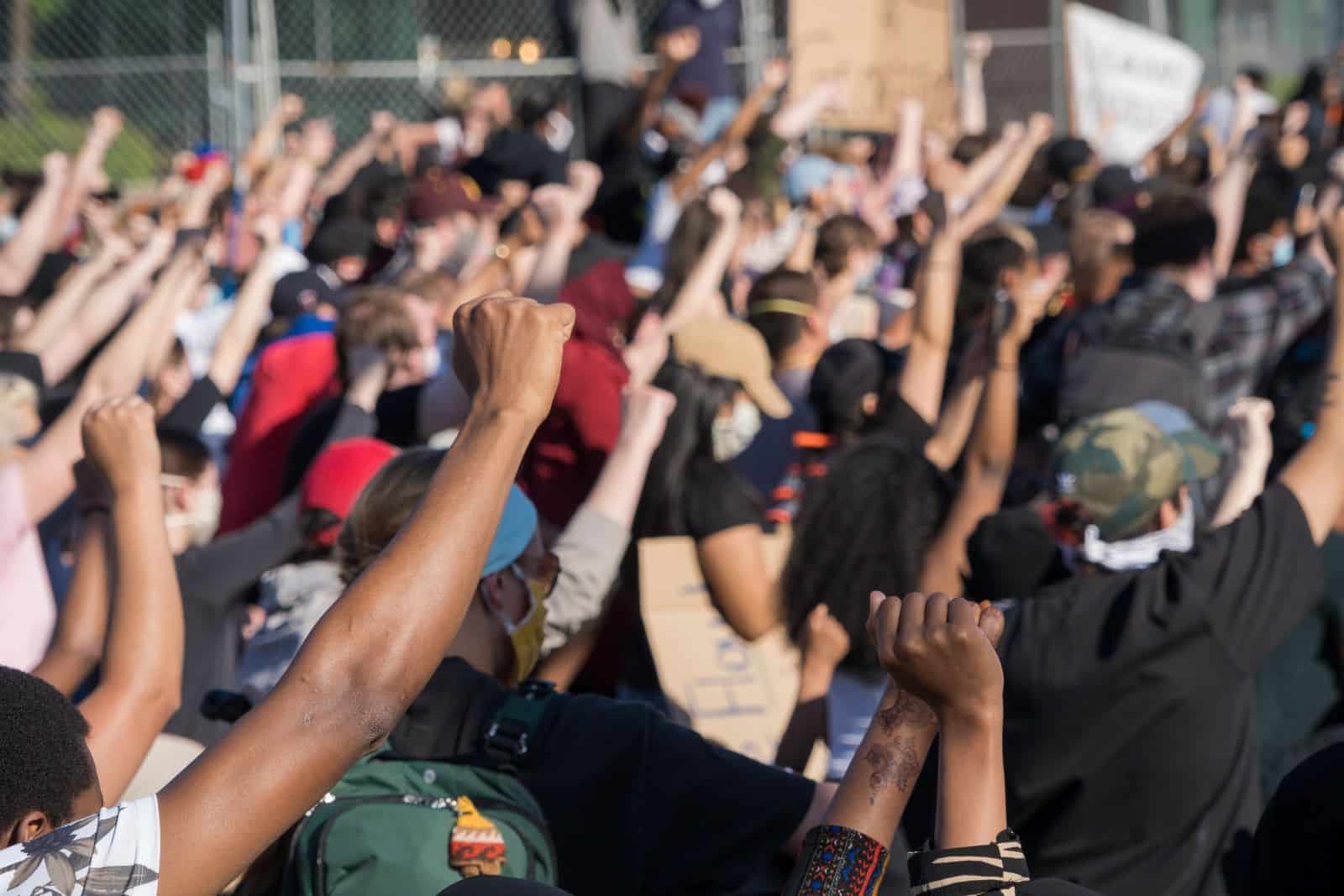
The attacks on Harris echo historical racist tactics used to marginalize and silence leaders of color throughout American history, demonstrating that such tactics remain alive in modern political discourse.
12. Claims of Radicalism
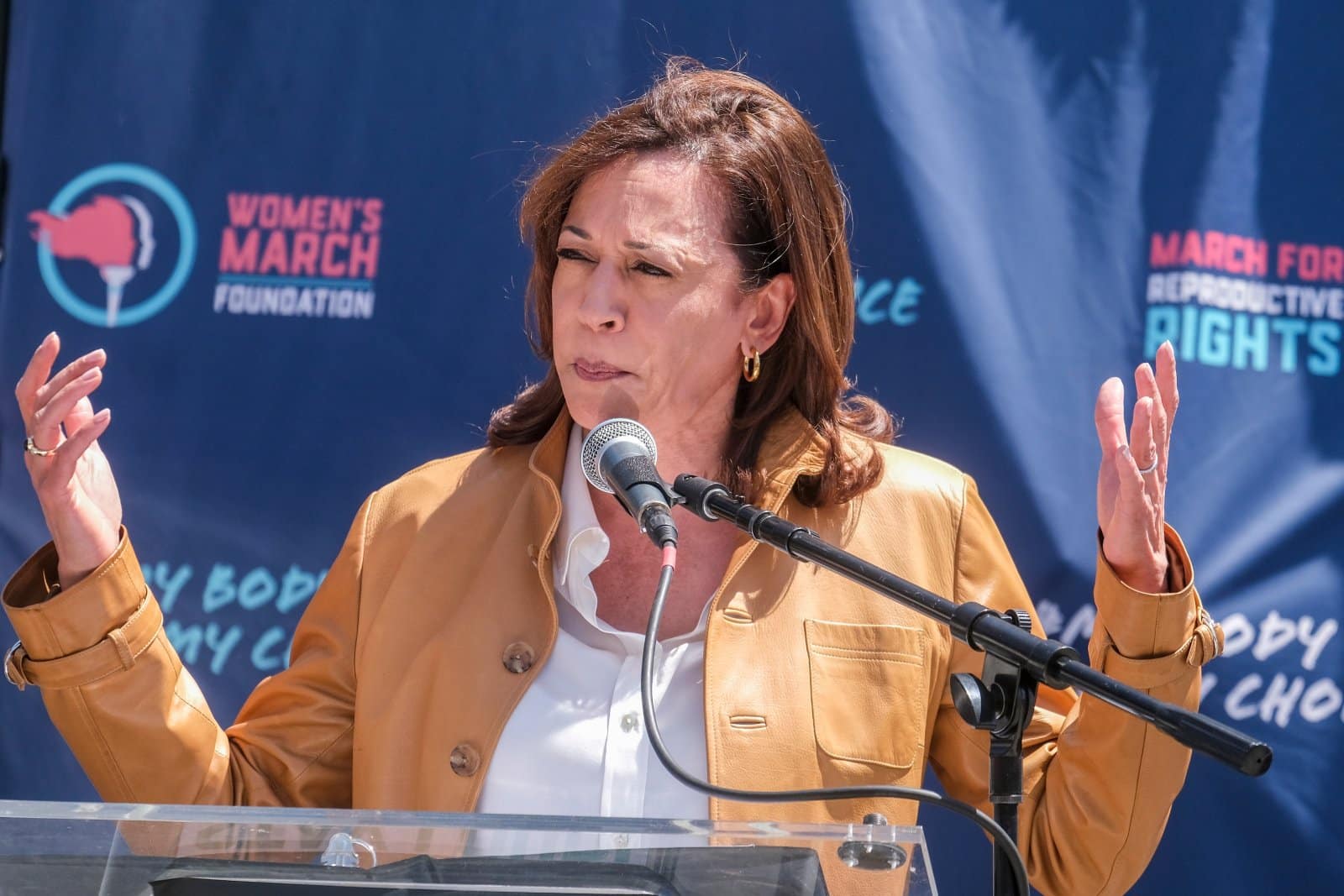
Her policy positions are often labeled as radical by opponents, attempting to paint her as a dangerous choice for America based on exaggerated portrayals of her political stance.
13. Mischaracterizations of Professional Achievements

Harris’ prosecutorial and legislative records are frequently mischaracterized to fit negative narratives, ignoring the complexities and successes of her career in an effort to frame her as unfit for leadership.
14. Invasive Scrutiny of Her Competence
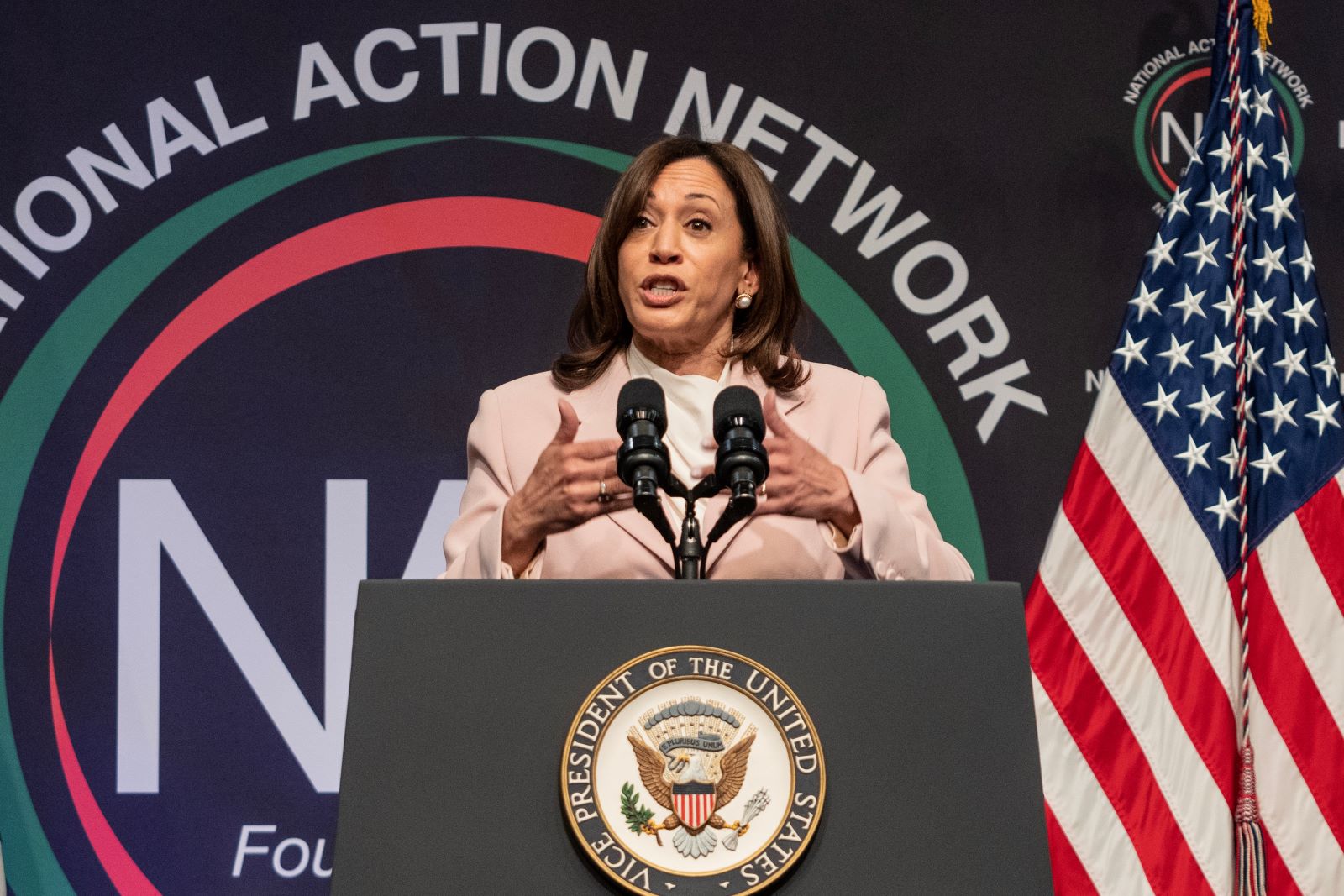
Every decision and statement by Harris is subjected to an invasive level of scrutiny, with mistakes or missteps disproportionately highlighted to undermine her competence and capability as a leader.
15. Racially Charged Political Tactics

Political opponents utilize racially charged tactics to attack Harris, exploiting racial tensions and prejudices to galvanize voter support against her, revealing the racial undercurrents still present in American electoral politics.
16. Misuse of Her Public Image
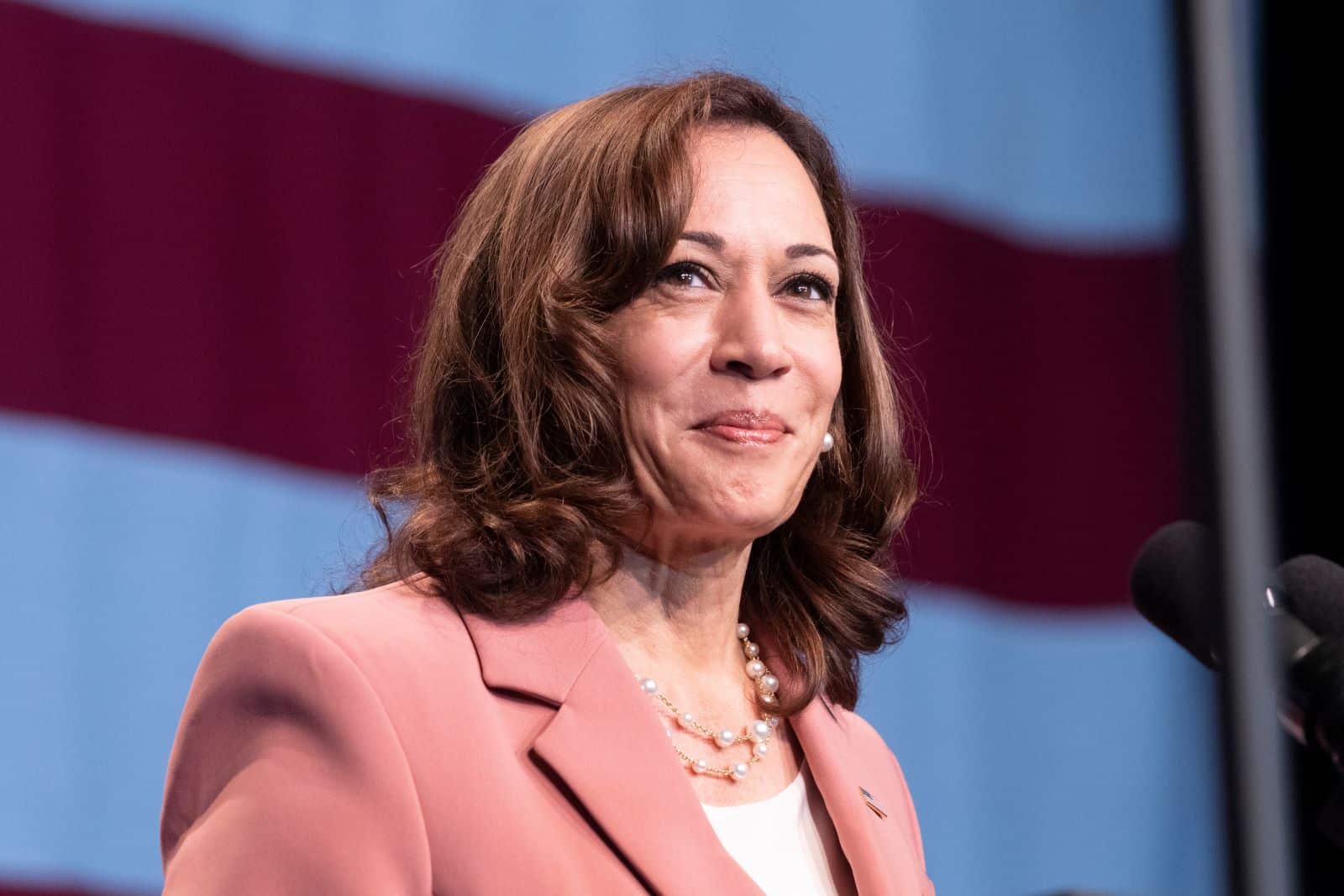
Harris’ public image is often manipulated for political gain, with opponents using her identity to stoke fear and resistance among certain voter demographics, showcasing a cynical use of race and gender in political strategy.
17. Impact on Policy Discussions

The focus on Harris’ race and gender often overshadows substantive discussions on her policy proposals and leadership abilities, diverting public attention from critical issues to superficial or irrelevant debates.
18. Symbolic Attacks

Attacks on Harris often serve as symbols for broader critiques of diversity and inclusion efforts, with her identity used as a proxy for arguments against progressive changes in society and government.
19. Perpetuation of Gender Norms
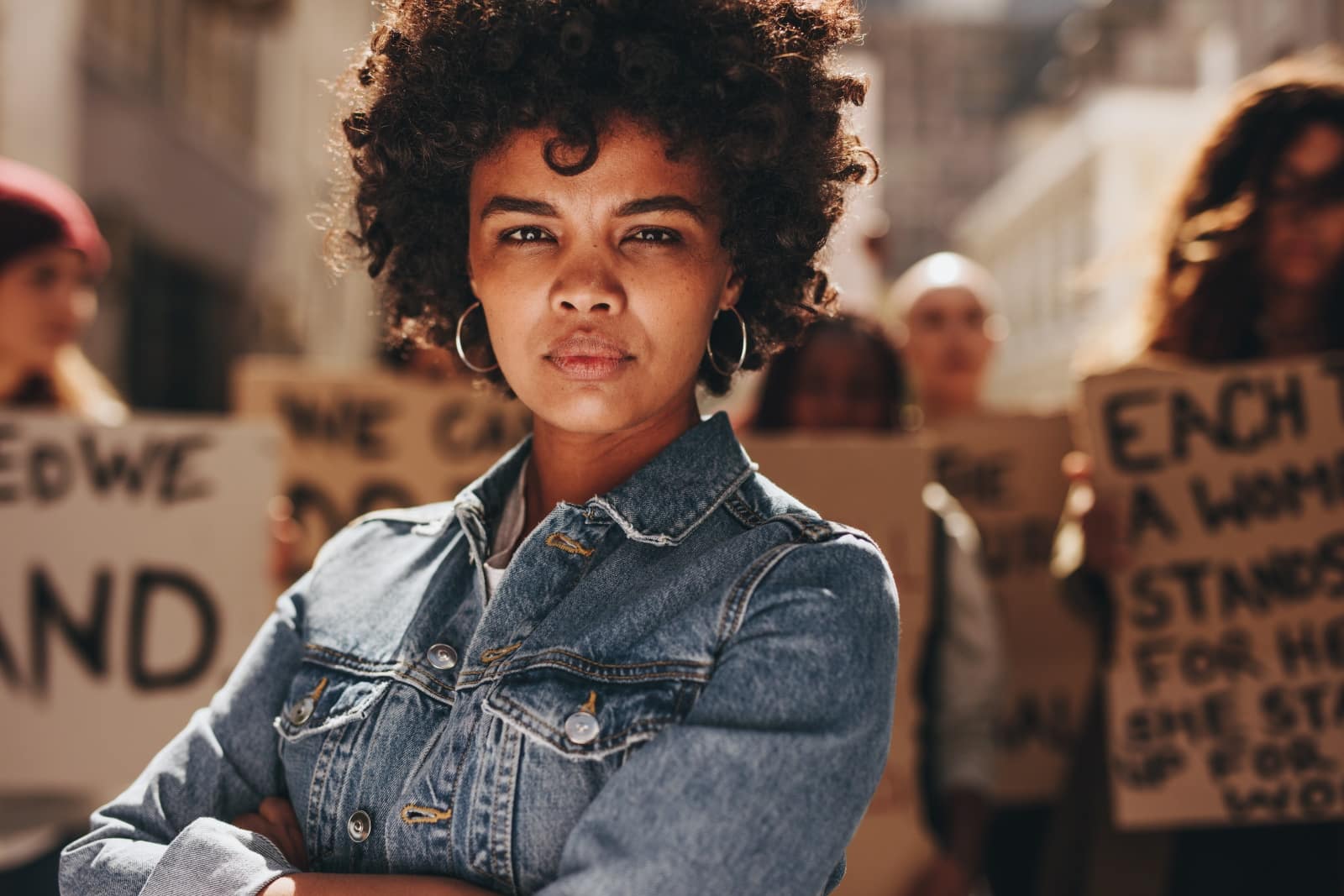
The discourse surrounding Harris reinforces outdated gender norms, suggesting that women must navigate an additional set of expectations and critiques when they aspire to high leadership roles.
20. Amplification of Partisan Divides
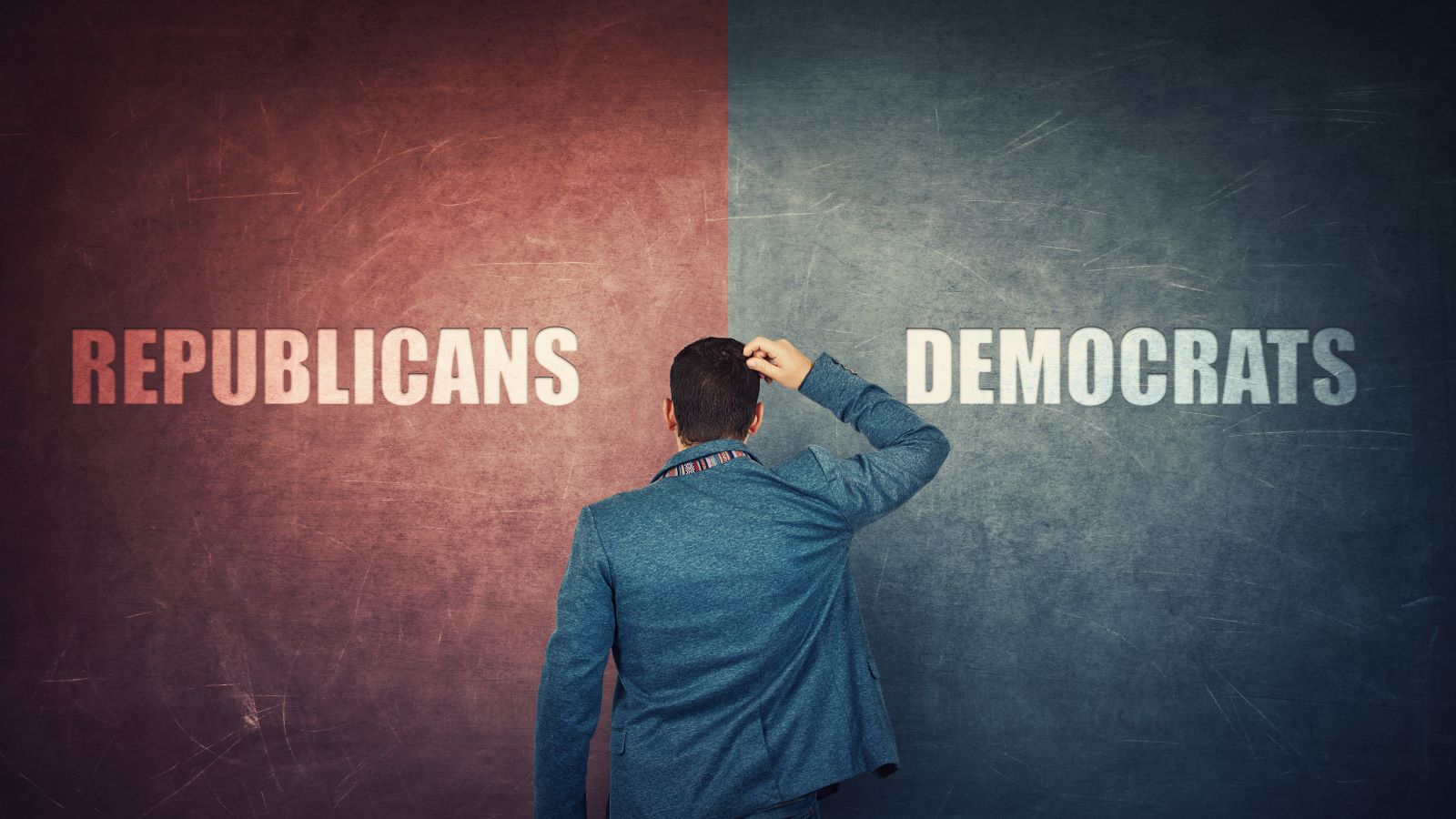
The focus on Harris’ race and gender amplifies existing partisan divides, with her identity becoming a flashpoint in the broader cultural and political battles playing out across the country.
Navigating the Crossroads
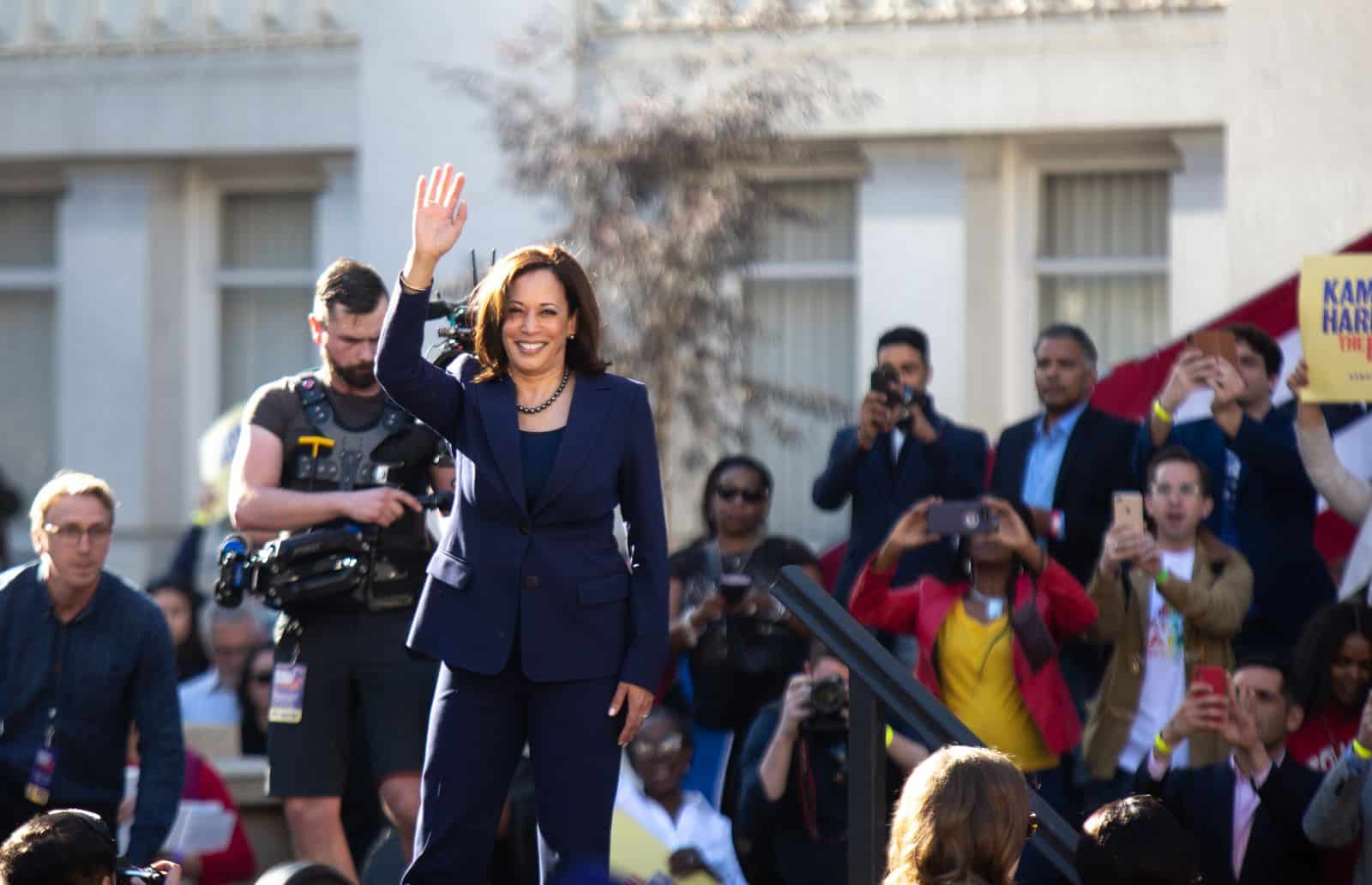
As Kamala Harris continues to break barriers, the focus on her race and gender not only reflects her historic candidacy but also exposes the ongoing struggles against racism and sexism in America. Will we rise above these biases, or will we allow them to undermine the potential for truly representative leadership?
21 Beliefs About the Bible That Are Actually False

The Bible is one of the most discussed and debated books in history, yet many common beliefs about it are more myth than fact. How many of these misconceptions have you heard before? 21 Beliefs About the Bible That Are Actually False
21 Subtle Racisms That Are Commonplace in America

Racism in America isn’t always overt; it often hides in plain sight through subtle actions and attitudes. How many of these subtle racisms have you noticed around you? 21 Subtle Racisms That Are Commonplace in America
Only Legal in America: 21 Things You CAN’T Do in the Rest of the World
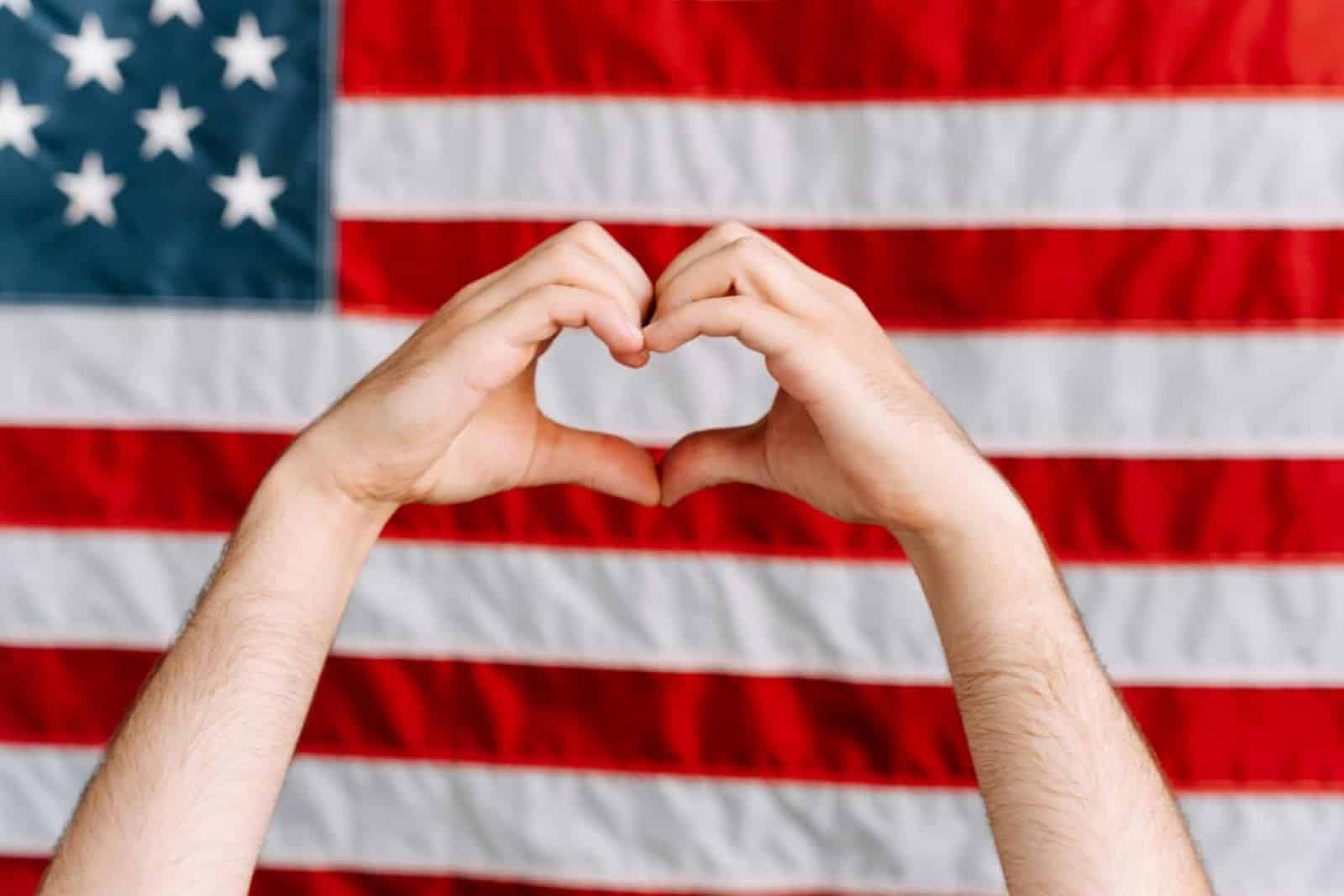
The U.S. dances to its own beat, especially when it comes to laws that make the rest of the world do a double-take. Here’s a lineup of things that scream “Only in America,” sticking strictly to what’s written in the law books. Ready for a tour through the American legal landscape that’ll leave you wondering if freedom might just be a bit too free? Only Legal in America: 21 Things You CAN’T Do in the Rest of the World
Featured Image Credit: Shutterstock / lev radin.

